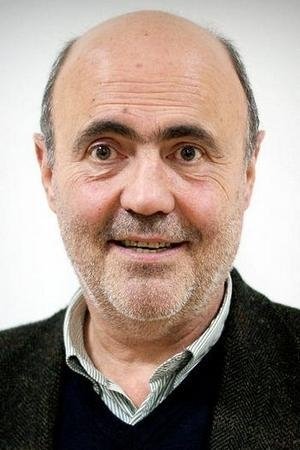

Convinced he can charm any woman, a tenacious flirt sets his sights on a headstrong bride-to-be engaged to the son of an ambitious politician.
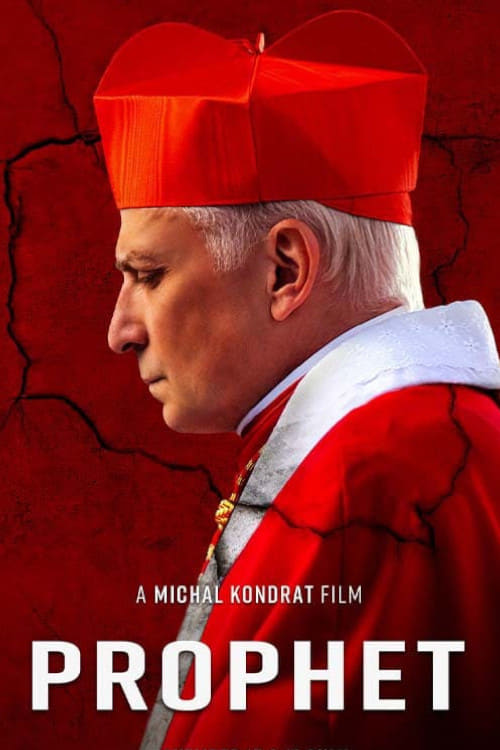
Cardinal Stefan Wyszynski's story sets the stage for the dramatic rise of Pope John Paul II and the fall of communism in Europe. Who is this prophetic man who battled evil and saw a son of Poland rising?

In the 1940s, a small band of underground paramilitaries attempt to fight back against the Soviet-backed security ministry in post-war Poland. Determined to fight for their country's future, the group goes to extreme lengths to make their voice heard.
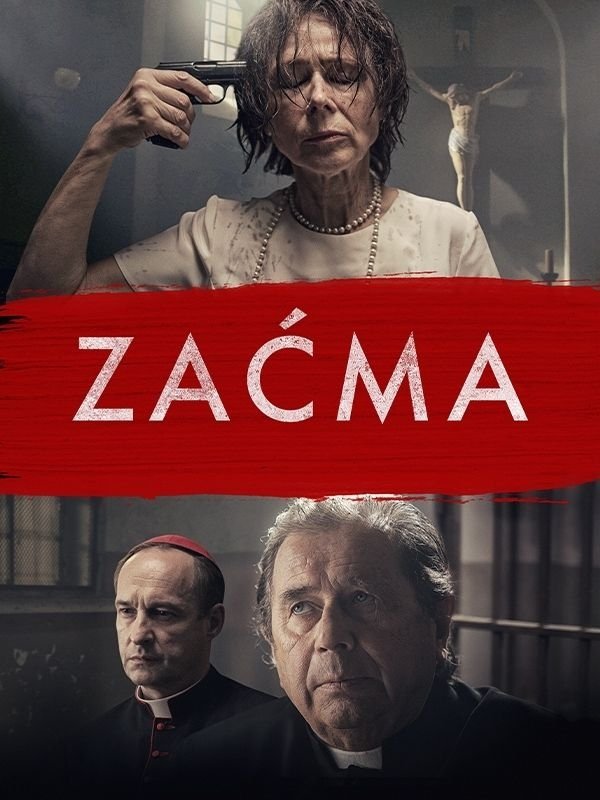
A little known episode from the life of Stalinist security police office Julia Brystiger. Her nickname Bloody Luna was a reference to her incredibly brutal methods of interrogation. In the early 1960s, she appears in a centre for the blind on the outskirts of Warsaw, a place often visited by Cardinal Wyszyński, whose imprisonment in 1953-1956 Brystiger supervised personally. During a difficult and heated discussion with the cardinal, Brystiger denounces the communist ideology and begs for forgiveness for her crimes and for guidance in her search for God.

In the spring of 1945, the commanding officer of the National Armed Forces in Mazowsze and older brother of 20-year-old Mieczyslaw Dziemieszkiewicz, is assassinated by Soviet soldiers. Mieczyslaw then joins the National Military Union. He becomes the commander of a partisan unit fighting for the next six years to free Poland from Soviet tyranny by terrorizing the UB and its collaborators. Communist authorities will do whatever it takes to track down the "enemy of the people's power."
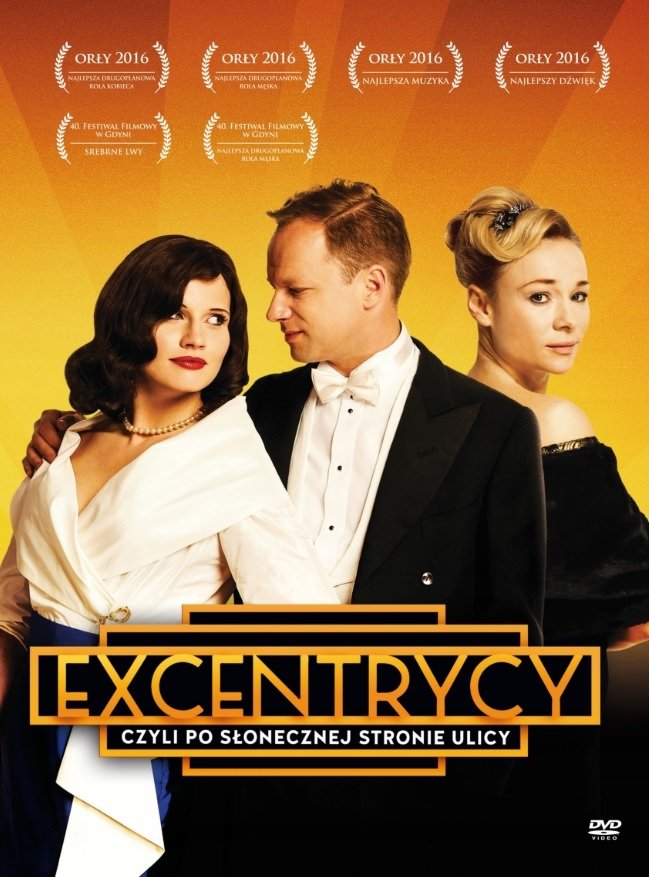
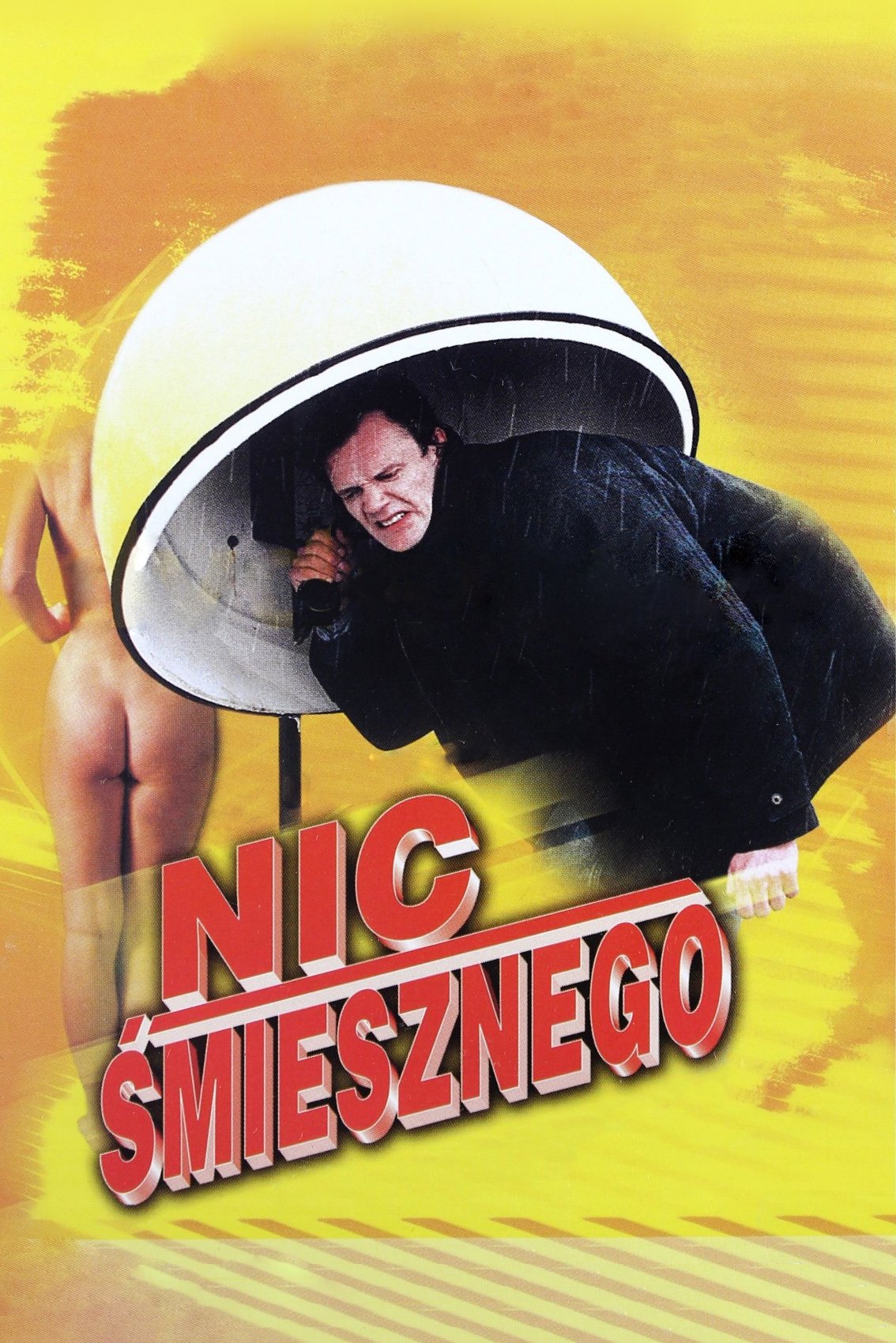
One day, hospital orderlies, watching corpse in the morgue, recognize film director. Man, even though he died, he begins to remember his life. He made a career making movies, had numerous mistresses, but never realized their dreams. His life was interspersed with many setbacks that enfeebled him from the inside. Although he made a career in film, he was not happy with his life.
Partly thriller, partly dark comedy, the tagline of this film announce that any resemblance to real-life characters and situations were completely intentional. This had the audience guessing who the main characters were supposed to represent: those biznismeni and post-socialist yuppies who after 1989 teamed up with their former enemies to exploit Poland ruthlessly.
The film is a continuation of the 1984 film I died to live. Leopold Wójcik, faking his own death, returns to the underground. Unlike the previous part, the fate of the heroes is a fiction - a variant of events that could have taken place. The film had a sequel: Born for the Third Time (1989).
By browsing this website, you accept our cookies policy.